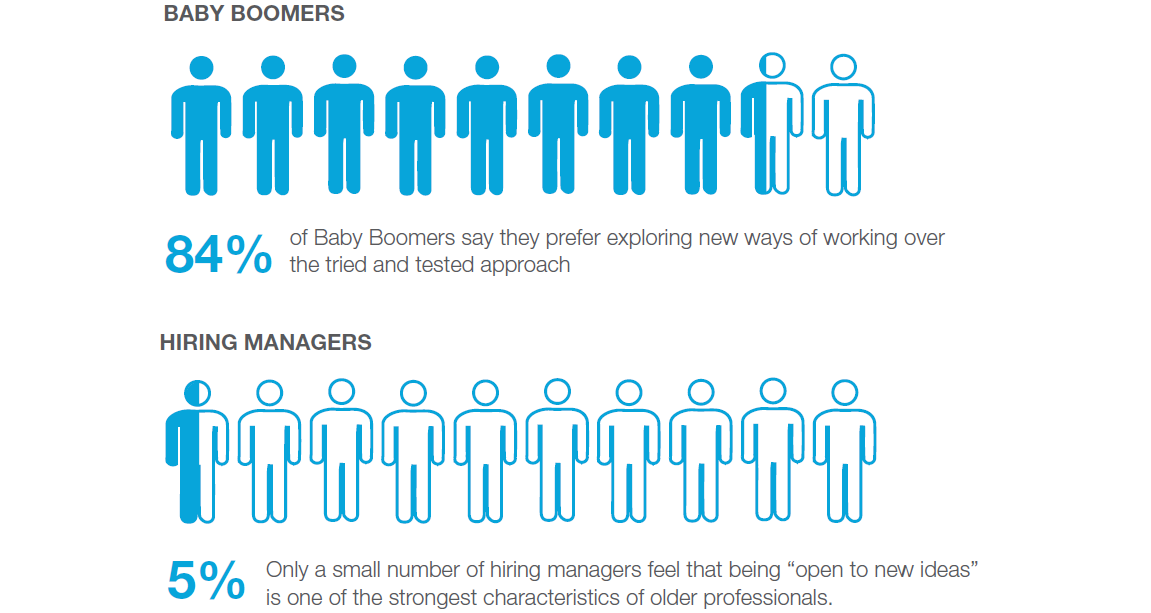If you are over 40 and thinking that your ability to focus and remember facts is deteriorating, your work could actually be to blame.
Recent research by the Melbourne Institute of Applied Economic and Social Research found that, whilst working up to 30 hours a week is good for cognitive function in the over 40s, any more than that causes performance to deteriorate.
In fact, those who worked 55 hours a week or more showed worse cognitive impairment than those who were retired or unemployed and didn’t work at all.

The study looked at 3500 women and 3000 men aged 40 and over, and made them complete cognitive function tests whilst their performance at work was monitored.
Their ability to read words aloud, recite lists of numbers and match letters and numbers in speed trials was monitored throughout the test, known as the Household Income and Labour Dynamics in Australia survey (Hilda). The author of the test, Professor Colin McKenzie, said that both ‘thinking’ and ‘knowing’ were important indicators. Reading tests is the ‘knowing’ part of ability, whilst ‘thinking’ captures memory, abstract and executive reasoning.

Whilst some intellectual stimulation is thought to be good to retain cognitive function in later life, with brain puzzles such as Sudoku and crosswords credited with sustaining brain power in older people, excessive stimulation works the other way.
Professor McKenzie told The Times that many countries are aiming to raise the retirement age, forcing people to work for longer as they will be unable to claim benefits until later. He believes that the degree of work may have an important bearing on this.
The degree of intellectual stimulation may depend on working hours. Work can be a double edged sword, in that it can stimulate brain activity, but at the same time working long hours can cause fatigue and stress, which potentially damage cognitive functions.
He believes that part time work may be beneficial in retaining brain function in middle aged and older people. Should those who can afford to do so reduce their hours, then? And is the type of work you do a factor?
You would think that a job you love which is less stressful would be less damaging on your stress and fatigue levels. The Hilda survey doesn’t look at the type of work and how that affects results, so this is something to bear in mind.
![Young business woman relaxing on a floor. [url=http://www.istockphoto.com/search/lightbox/9786622][img]http://dl.dropbox.com/u/40117171/business.jpg[/img][/url]](http://cdn.eatliveglow.com/2016/09/02182016/24a4ecd18db67ef508a924e72f640c69.jpg)
Professor McKenzie reasons, “It’s very difficult to identify the causal effects of the type of work on cognitive functions. People may be selected into certain occupations according to their cognitive abilities.” Certainly, high stress factor jobs with long hours in competitive, demanding fields will play havoc with a person’s health in general.
As most people have to go on working after 40, or even return to work after a break to have a family or for other personal reasons, taking care of your health, maximizing your down time and taking restful holidays becomes more important. Professor McKenzie says that, “Working full time – over 40 hours a week – is still better than no work in terms of maintaining cognitive function, but it is not maximizing the potential effects of work.”
A balance seems to be needed, then, especially as the government are planning to bring in full time work requirements until that age of 67.
What do you think? Do you feel that a reduction in hours would be beneficial?










